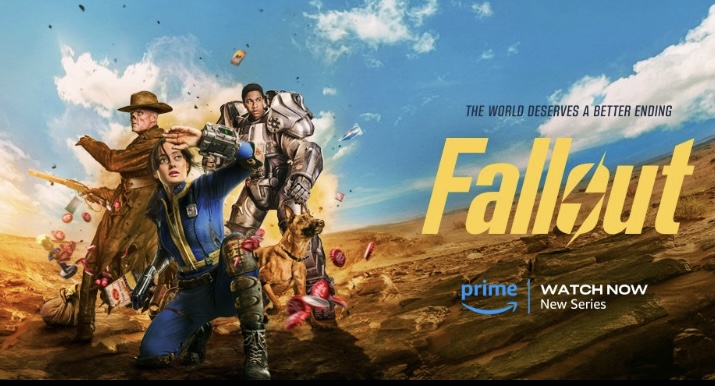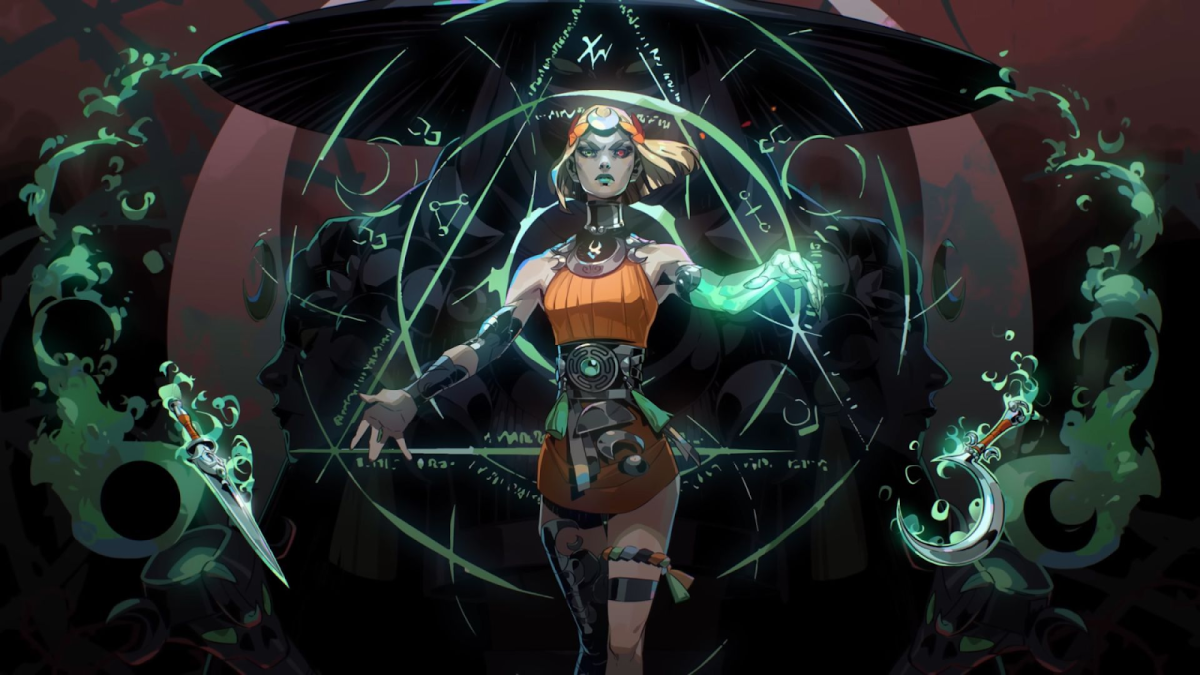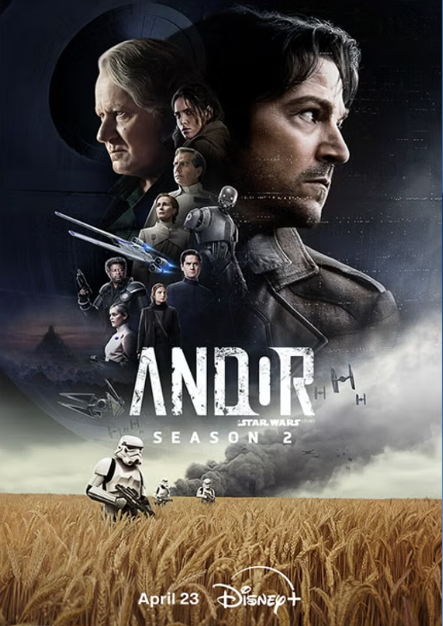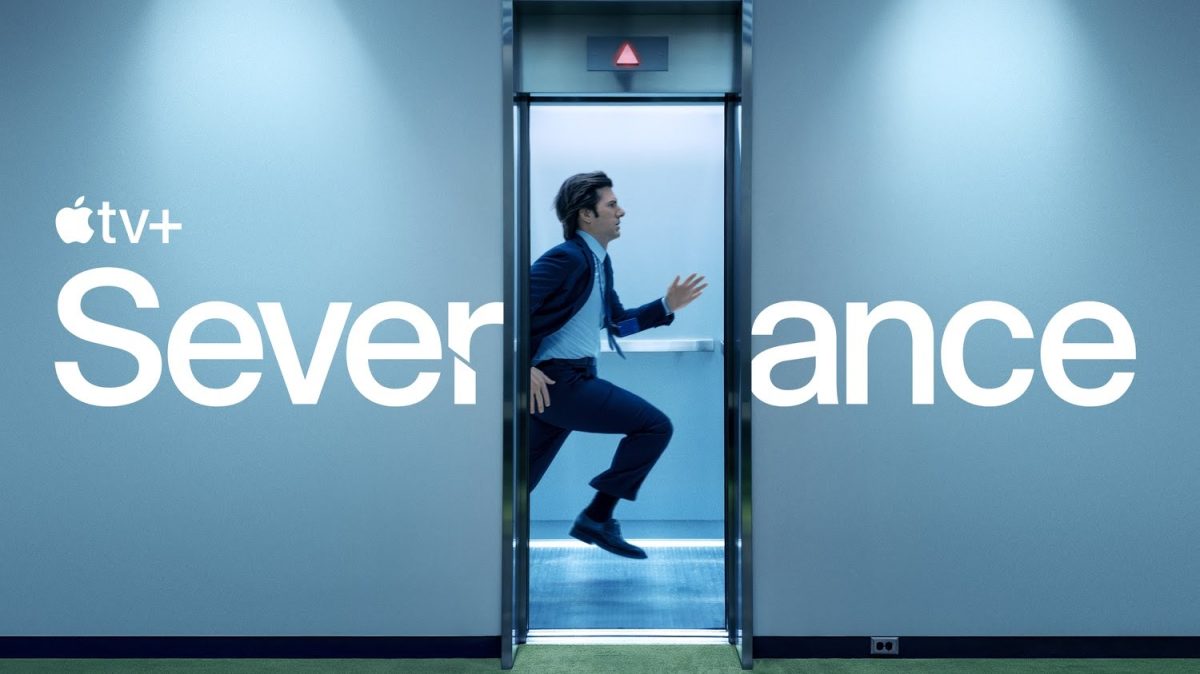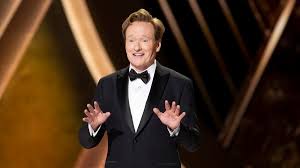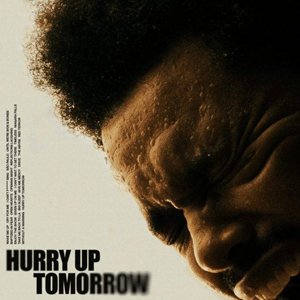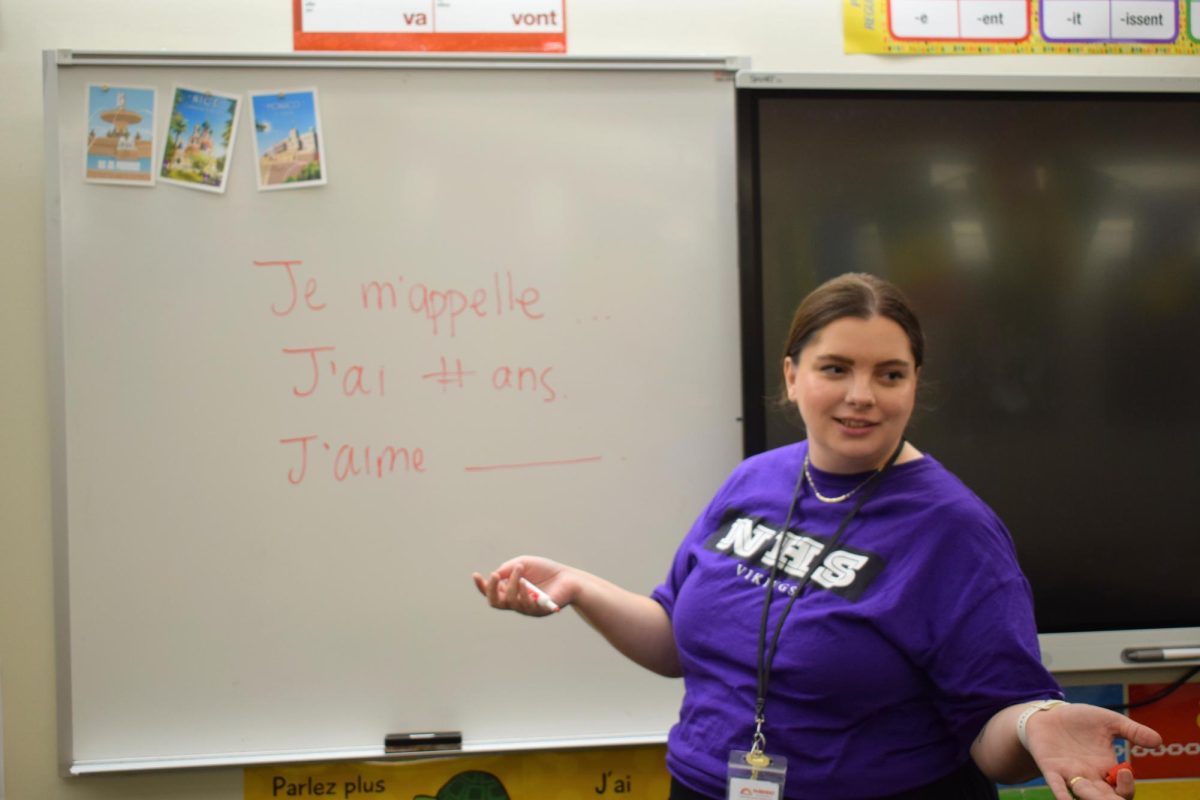When Amazon’s TV adaptation of the “Fallout” game franchise was announced, reactions were mixed, to say the least. Some worried about the show’s quality and faithfulness to the beloved game franchise following the release of Paramount’s “Halo”, while others had hope for the series after HBO’s adaptation of “The Last of Us”. When the show dropped all eight episodes in an early premiere on April 10, 2024, many were pleasantly surprised.
Fallout quickly jumped to the #1 show on Prime Video in the U.S., with 65 million viewers in 16 days, and season two is already renewed. The show received glowing praise from critics and fans, with a 93% average score on Rotten Tomatoes and an 88% average audience rating. Following the show’s release, Bethesda’s Fallout MMO, Fallout 76, reached its highest concurrent player count ever on Steam, averaging nearly 39,000 players. In all regards, Amazon’s Fallout series is a massive success and deserving of praise.
The Fallout show takes place in 2296, 219 years after the bombs dropped in “The Great War” in 2077 and killed most life not in a vault, a nuclear shelter built by the Vault-Tec corporation, with the intent of sustaining life underground for centuries. The show, unlike many other adaptations, is canon to the Fallout universe, taking place last on the timeline, nine years after 2015’s Fallout 4.
The show follows three main protagonists, who all come from various parts of the Fallout universe. Lucy Mclean (Ella Purnell), is a vault dweller who’s lived underground in a protected shelter all her life, and it shows as she navigates the hellhole that is a post-bomb surface. The second main character is Maximus (Aaron Moten), a member of the Brotherhood of Steel, a semi-religious militaristic group obsessed with obtaining pre-war technology. The last main character is The Ghoul (Walton Goggins). Ghouls, in Fallout, are near-immortal, radiation-exposed humans. Each character’s plot converges and separates throughout episodes.
The show’s highlight is The Ghoul, a badass, near-immortal bounty hunter who fits right in with the show’s western, wasteland-based setting. Before the bombs dropped, The Ghoul was known as Cooper Howard, a famous actor for his roles in westerns. The Ghoul’s portrayal by Walton Goggins is nothing but sheer excellence. There’s so much energy to The Ghoul, like in Episode 2, “The Target,” when he does a ‘Cinematic Kill Cam,’ a feature in the Fallout game series.
Even outside of the exciting combat, he shines so much in more emotional moments, like when he questions Lucy’s father, Hank, about what happened to Cooper’s (his) family after the bombs dropped. The scenes with Cooper are stellar too. They dive into the politics and conspiracies surrounding Vault-Tec, the creator of the vaults, as well as the other major corporations involved as they plan for an eventual nuclear bomb scenario.
Fallout’s other biggest strength is its faithfulness to the Fallout franchise. For example, Lucy’s opening scene is her talking to Vault-33’s leadership council. The scene is pretty much her describing her character’s stats and skills in an RPG (Strength, intelligence, agility, tech skills, etc.), framed as the various activities she does in the vault. Lucy feels just like a custom character in a fallout game. In one scene in episode 2, she tries to get the Ghoul to stand down, failing a ‘speech check’ as she attempts to de-escalate the situation using what are obviously vault-taught methods.
The show’s atmosphere is also great. The use of classical music throughout the show adds so much to the world, especially when combined with the more serious original music composed by Ramin Djawadi (Iron Man, Game of Thrones). Fallout’s ability to switch tones quickly is also incredibly impressive. Nothing ever feels jarring, and the mix of serious and funny moments is quite well done. In a way, it feels like it could be a Fallout game just as well as it is a show.
Overall, Amazon Prime Video’s Fallout adaptation is near-perfect. Its characters, atmosphere, writing, and music (original and licensed) all work together perfectly. Nothing feels out of place, and it could translate to a game format pretty well. Everything has that spirit that the Fallout franchise is known for. The only criticism is relatively minor, and it’s that Maximus’ acting feels a little flat sometimes. It’s not bad, but it can be a bit boring.
In conclusion, I give “Fallout” a 9.5/10, with a recommendation to nearly everyone (except younger children, the show can get quite violent at times), not just fans of the Fallout franchise.


